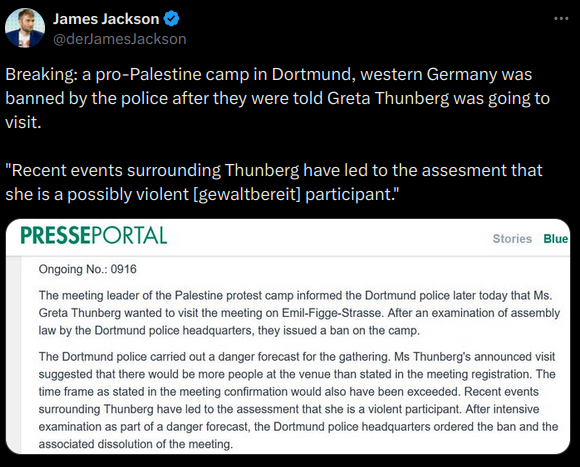The most important lasting impact of Euro 2024 is likely to come far away from the football pitch.
This year's tournament has already seen plenty of young stars make a name for themselves and a glut of "David vs. Goliath" moments — most notably Georgia pulling off an impressive victory over 2016 winners Portugal.
But UEFA's decision to adopt a human rights declaration just ahead of the start of the competition could prove to be far more significant for players, fans and workers alike.
An online form has been created to report any human rights issues and, importantly, provide an immediate response and resolution from a law firm hired by UEFA to deal with the complaints.
Previously, fans, journalists and workers faced an uphill battle to be heard, as there was no clear information on which the correct institution was to deal with a specific concern. As a result, fans impacted by issues during UEFA events like the 2021 Euros final at Wembley and the 2022 Champions League final in Paris struggled with knowing how and where to file complaints over treatment or abuse they suffered.
Andrea Florence, director of Sport & Rights Alliance, highlighted the importance of UEFA's including stakeholders — clubs, leagues, national associations, players unions and European institutions — to create an effective grievance mechanism.
"It allowed us to provide our expertize to try and help users of the system know how to access it and get remedy," Florence told DW.
Fan voices at heart of mechanism
Crucially for Ronan Evian, the executive director of Football Supporters of Europe, the inclusion of fans in the consultation period meant more peace of mind coming into the tournament than ever before.
Across the 10 stadiums hosting matches during Euro 2024 and the Fan Zones in the host cities, posters directing people on how to report grievances, along with QR codes, have been advertised.
Additionally, a specific "safe room" in every stadium has been set up for stewards to direct people to who feel under immediate threat or discriminated against.
"Human rights are universal, and as fans we need to fight for universal human rights," Evian told DW. "For us fans it's about fair treatment, and what UEFA has newly implemented is that there is a rapid response mechanism and there is a grievance mechanism."
"It's very important because everybody should feel safe in the stadium, regardless of their background, gender, sexual orientation, capacity," Evian said. "This is a way to ensure that everybody can feel as safe as possible in any crowd."
Independent law firm receiving complaints
To ensure the independence of the reporting and resolution process, UEFA hired German law firm Rettenmaier to process any grievances that come in through the online tool.
The inclusion of the law firm has helped ensure the ability to file complaints anonymously as well as the possibility of immediate resolutions.
"What's equally important is, as the complaints are being managed by a law firm and not by UEFA, you know you will receive a response," Evian said.
"That is an assessment of whether your rights have been abused," he said, "and crucially it will mean accountability of the tournament organizers, which is something we've welcomed."
"We know a number of people, whether they are fans, workers, journalists, have filed complaints through the grievance mechanism," he added.
Late implementation an issue
The implantation process has not been without its issues or flaws, namely how late the grievance mechanism was put into force. This has meant workers, for example, had no instrument to report issues in the lead up to the tournament.
Equally, though posters at grounds have instructed people on how they can report problems, UEFA opted against putting up a link on its homepage.
Though she praised the work UEFA has done to ensure that human rights are respected during Euro 2024, Florence lamented a lack of publicity.
"There were undoubtedly impacts that happened before the tournament started," she said. "For instance, workers' rights or people that might have been forcibly removed from cities because of the event."
"People need to know that all of that can be reported, even things that happened before the mechanism was set up," she added.
And Evian said the "biggest weakness of the tournament" was how late a lot of things were set up.
"Honestly, I don't know why things happened so late," Evian said. "I don't know if it's down to governance or the way the preparation was done."
"The human rights declaration could have been adopted significantly earlier, and that would have had a broader impact on the preparation," Evian said.
"Nevertheless, when the engagement started, it was genuine, and it was a meaningful consultation," he added. "UEFA sought an ambitious human rights policy, which was not at all the case for previous tournaments. All in all, it's progress and it's also a lesson learned for future tournaments."
Edited by: Matt Pearson
Kalika Mehta Sports reporter
